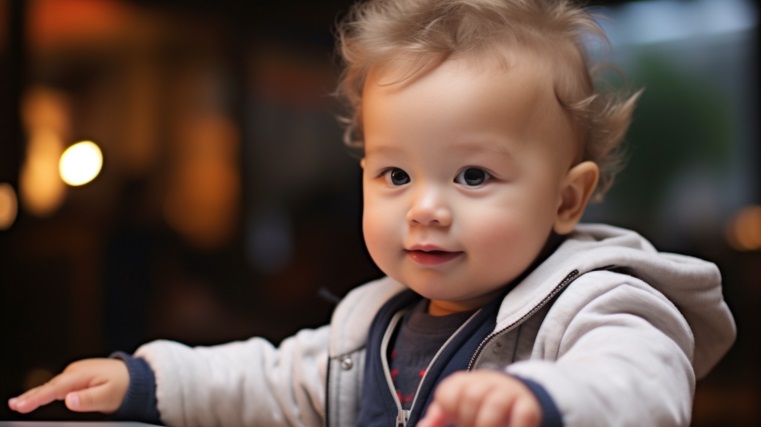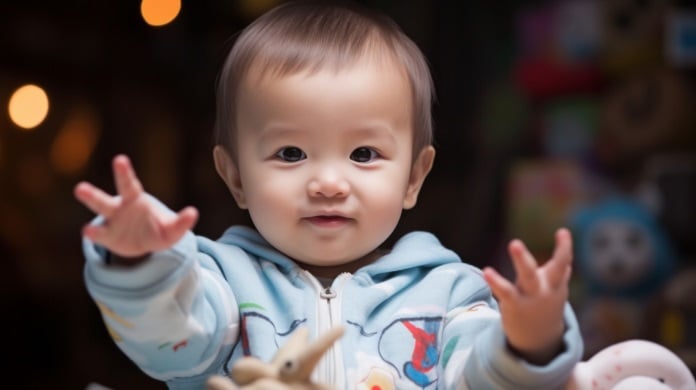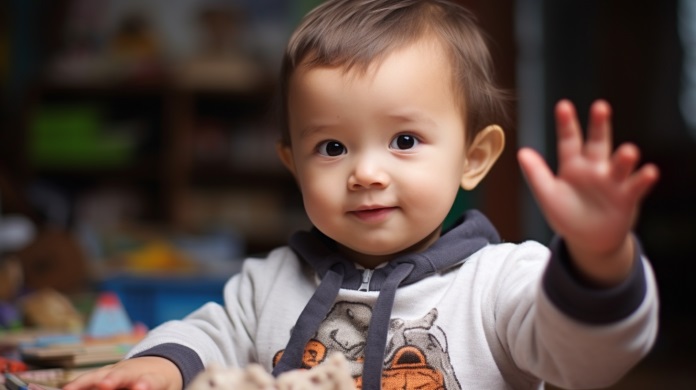Professor Meyer – a neurology professor at Harvard University, after conducting research on the early intelligence of infants and young children, pointed out that: If before the age of 3, children have these 6 signs, it indicates high intelligence. Specifically, these 6 signs are:
Children can establish and link information
Children with high IQs often have the ability to predict adult behavior or the appearance of certain phenomena in life. For example, when a child sees an adult opening the oven, the child will know that the parents are preparing something, and soon there will be a cake.
The way children connect new information with previously learned knowledge is one of the early signs of high intelligence in children.

Children can start conversations very early
Another criterion for evaluating a child’s IQ is language ability. Children with a rich vocabulary show high IQ.
Difficult to sleep
Some infants or newly walking children have difficulty sleeping. Although it causes discomfort and fatigue for the whole family, neurologists believe that gifted children often have trouble sleeping. The reason is that the child’s brain is excessively stimulated, making it difficult to fall asleep.

Have personal preferences
If a child pays special attention to a subject or likes knowledge in a specific field such as art or mathematics, or enjoys intellectual games, they are likely to have talent in certain areas.
Most young children stay at home and do not attend kindergarten until the age of 3. Most intellectual development depends on how they are cared for.
Children have extraordinary memory
Most children have good memory, but some children have exceptional memory. For example, when they are not even 1 year old, they can quickly recognize faces and even remember where everything is placed in the house. Having a good memory is also considered one of the early signs of high IQ.

Children enjoy observing
Intelligent children often start observing very early. They tend to concentrate, observe life, and thereby learn a lot from the environment without being noticed.
Parents are often surprised and wonder, “I have never taught my child this, how can they know so much?” In fact, this is the result of the child’s observation of life.































